The leaders of the Sino-Russian axis get down to hard talk Tuesday in their summit at the Kremlin, but nobody expects the presidents of China and Russia to be debating whether Russia should withdraw its troops from territory taken over by force in Ukraine.
Rather, President Xi is sure to be selling President Putin on China’s 12-point proposal for “peace” talks, and Mr. Putin is likely to thank him effusively for his efforts.
They’re both expected to love the notion of negotiations on the conflict while avoiding the festering topic of Russia’s conquest of the southeastern Donbas region and Crimea long before Russian troops invaded the Ukrainian heartland more than a year ago.
Washington, fully prepared for Sino-Russian backslapping and bear hugs, is pumped and primed to respond negatively to whatever joint statement Messrs. Xi and Putin come up with.
Secretary Blinken warned against “any tactical move by Russia, supported by China or any other country, to freeze the war on its own terms.” The spokesman for the national security council, John Kirby, said China’s proposals would be “one-sided and reflect only the Russian perspective” and “a ceasefire now is effectively the ratification of the Russian conquest.”
President Zelensky of Ukraine has sought to maintain an open mind about China’s proposal, saying last month that he hoped Beijing wanted a “fair peace” and would not send weapons to Russia, but he insists Russia must withdraw its troops before NATO and America agree to talks. The secretary of Ukraine’s security and defense council, Oleksiy Danilov, called for “capitulation or withdrawal of the Russian occupation forces” as a prerequisite.
Far from considering such a notion, though, Mr. Putin may still be dreaming of an arms deal with China. He and Mr. Xi put on a show of impassioned friendship when they greeted one another Monday but left hanging the critical question of military aid.
After all the bluff and bluster of hyper-friendly posturing, would Mr. Xi give Mr. Putin what he desperately wants right now: assistance for beleaguered Russian troops?Their effusive tone strongly suggested that China was willing to offer Russia unlimited moral and diplomatic support, also economic and commercial breaks, but not the weaponry the Russians crave for embattled troops.
Mr. Xi hinted at his studied reluctance to get involved militarily when he said on arrival: “Our two countries have consolidated and grown the bilateral relationship on the basis of no alliance, no confrontation and not targeting any third party.” In so doing, the Russian news agency Tass quoted him as saying, Russia and China “set a fine example for developing a new model of major-country relations featuring mutual respect, peaceful coexistence and win-win cooperation.”
Coincidentally or not, Japan’s prime minister, Fumio Kishida, flew to Ukraine shortly after Mr. Xi’s arrival at Moscow and called on Mr. Zelensky in what a Japanese official said was a gesture of “respect” for “the courage and patience of the Ukrainian people” and a show of “solidarity and unwavering support for Ukraine.”
Mr. Kishida’s visit to Kyiv after receiving a large German delegation at Tokyo led by Chancellor Scholz, with whom he discussed the need for standing up to both Russia and China, appeared as a direct challenge to Mr. Xi’s effort at spreading Chinese influence in the region while supporting Russia.
No doubt fully sensitive to what he can and cannot extract from China, Mr. Putin told Mr. Xi that he was “a bit envious” of China’s “colossal leap ahead in development in recent years.” One dividend is that China is Russia’s biggest market for natural gas, which Russia sells to the Chinese at bargain rates.
As for China’s proposal for resolving the war, Mr. Putin was full of appreciation, telling Mr. Xi that “our cooperation in the international arena undoubtedly helps strengthen the basic principles of the global order and multipolarity.”
Just as the topic of withdrawal of Russian troops is not going to come up at the Xi-Putin summit,, it’s not likely that Mr. Putin will get anywhere pleading for overt military cooperation.
China’s Xinhua news agency, noting that Mr. Xi had visited Russia 10 years ago on his first foreign mission as president, said Russians “expect deeper cooperation in politics, economy, trade, people-to-people and culture as well as new progress in bilateral ties in the new era and greater contribution to world development” — nothing about arms.
Beyond the flowery talk, Mr. Xi was likely to dwell on China’s 12-point proposal for resolving the war in ways that would surely favor Russia. In return he will expect Moscow’s unstinting support for China’s policies in Asia, including its threats against Taiwan and its claim to the South China Sea, where it’s built bases in the Spratly Islands.
China and Russia may also deepen cooperation on North Korea, which both defended in the Korean War. China may be urging North Korea’s leader, Kim Jong-un, not to order what would be the North’s seventh nuclear test — its first since September 2017 — but China and Russia support the North in its confrontation with South Korea and Japan.and have stopped condemning North Korea for conducting missile tests.
Also, China has shrugged off a warrant issued by the International Criminal Court in the Hague accusing Mr. Putin of war crimes. China’s foreign ministry instead accused the ICC of “politicization and double standards.”


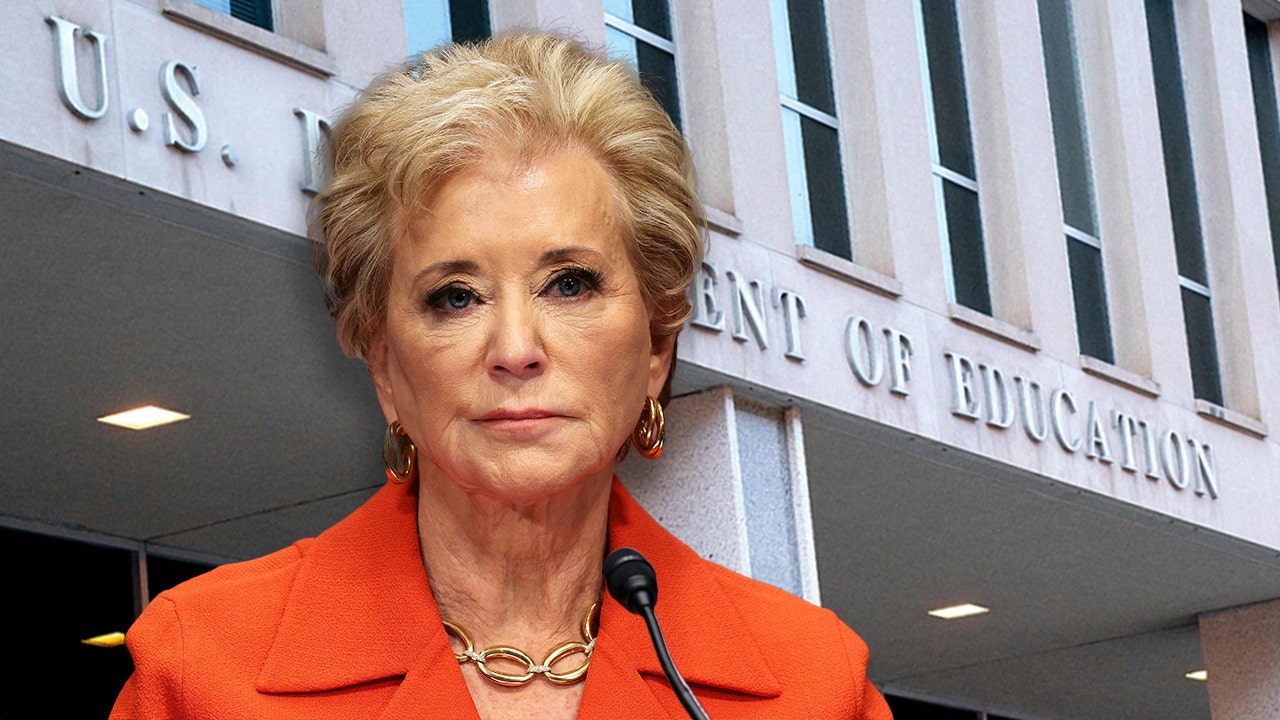


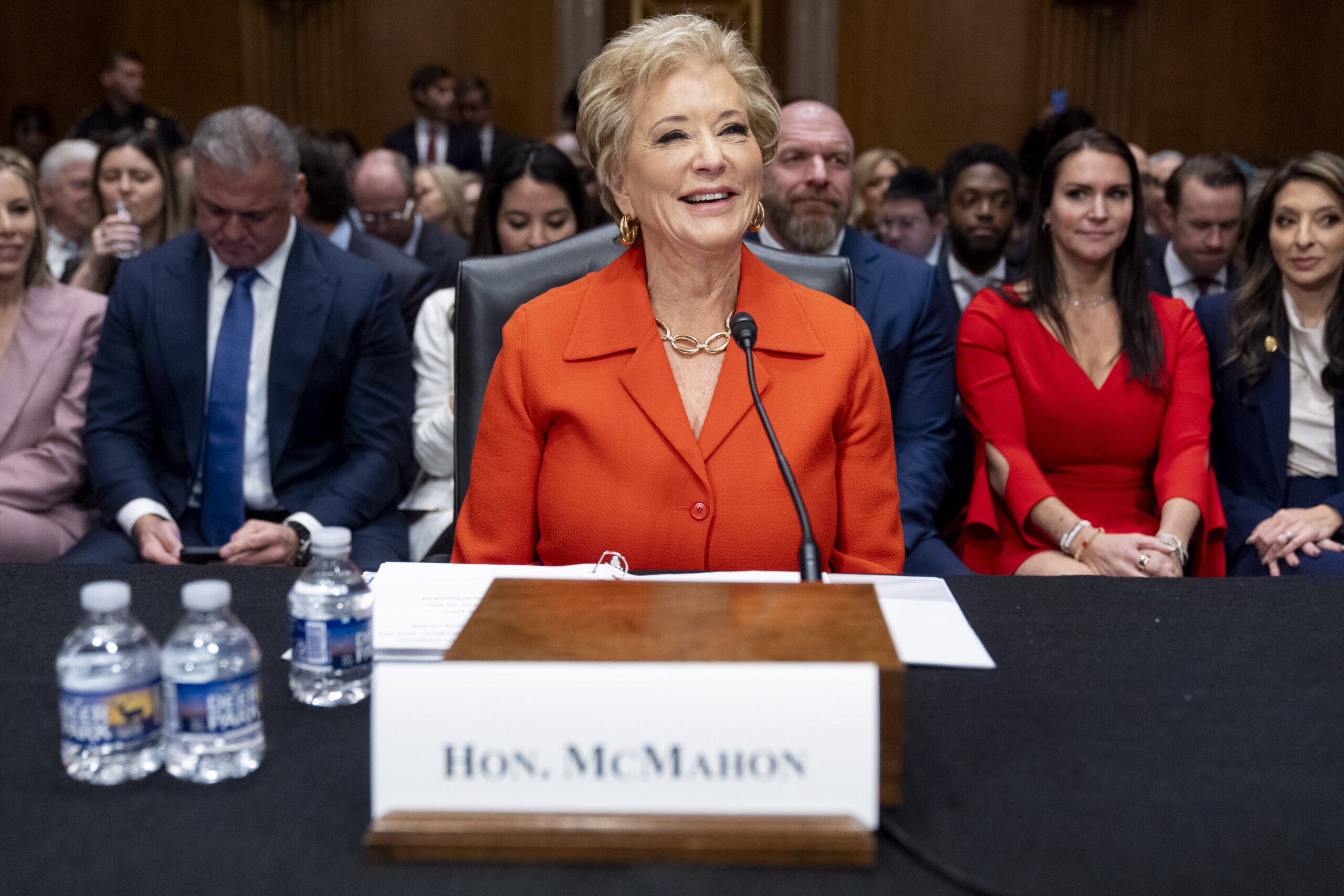


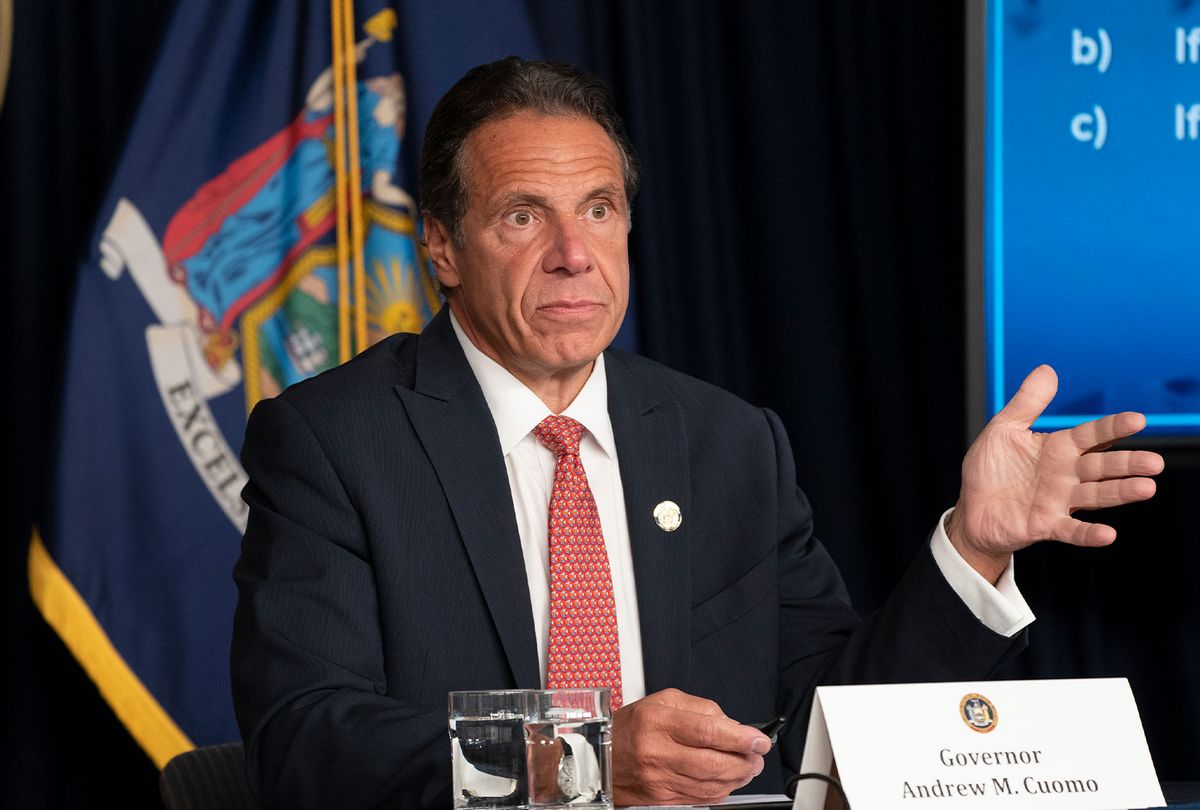

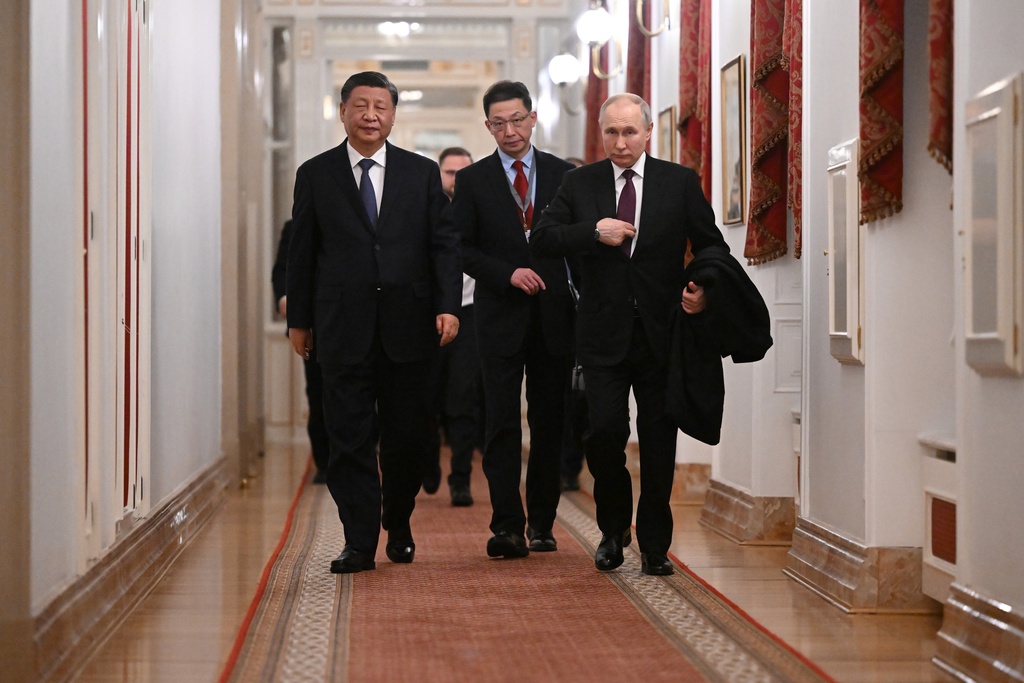
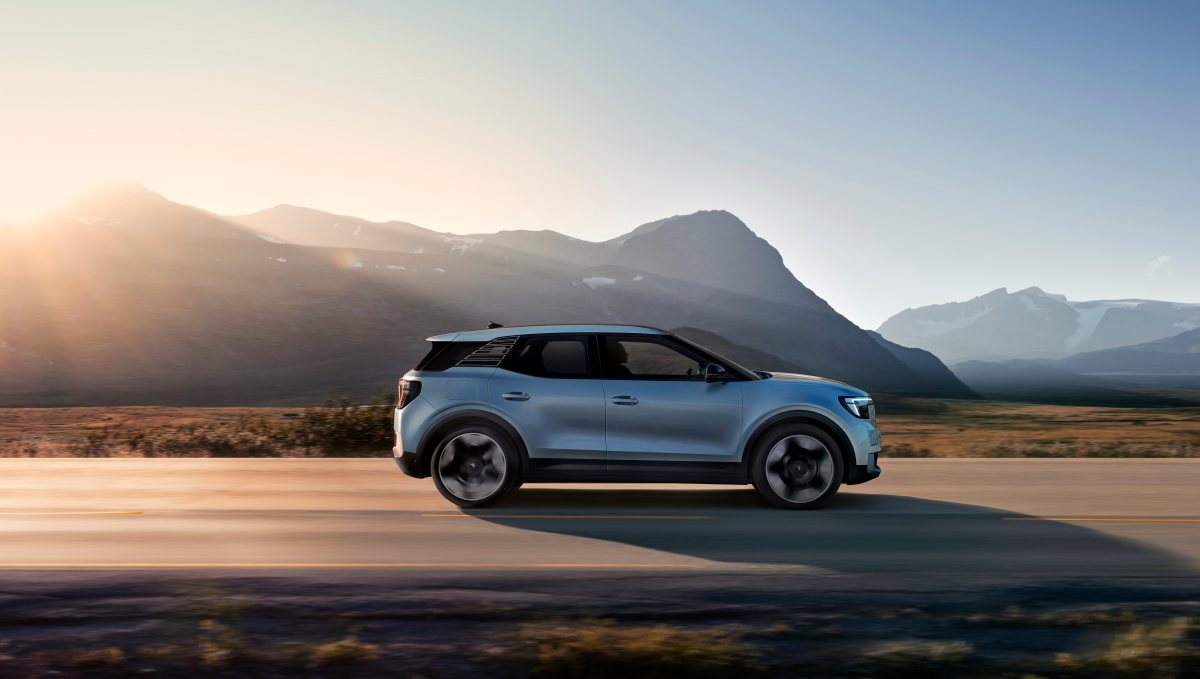
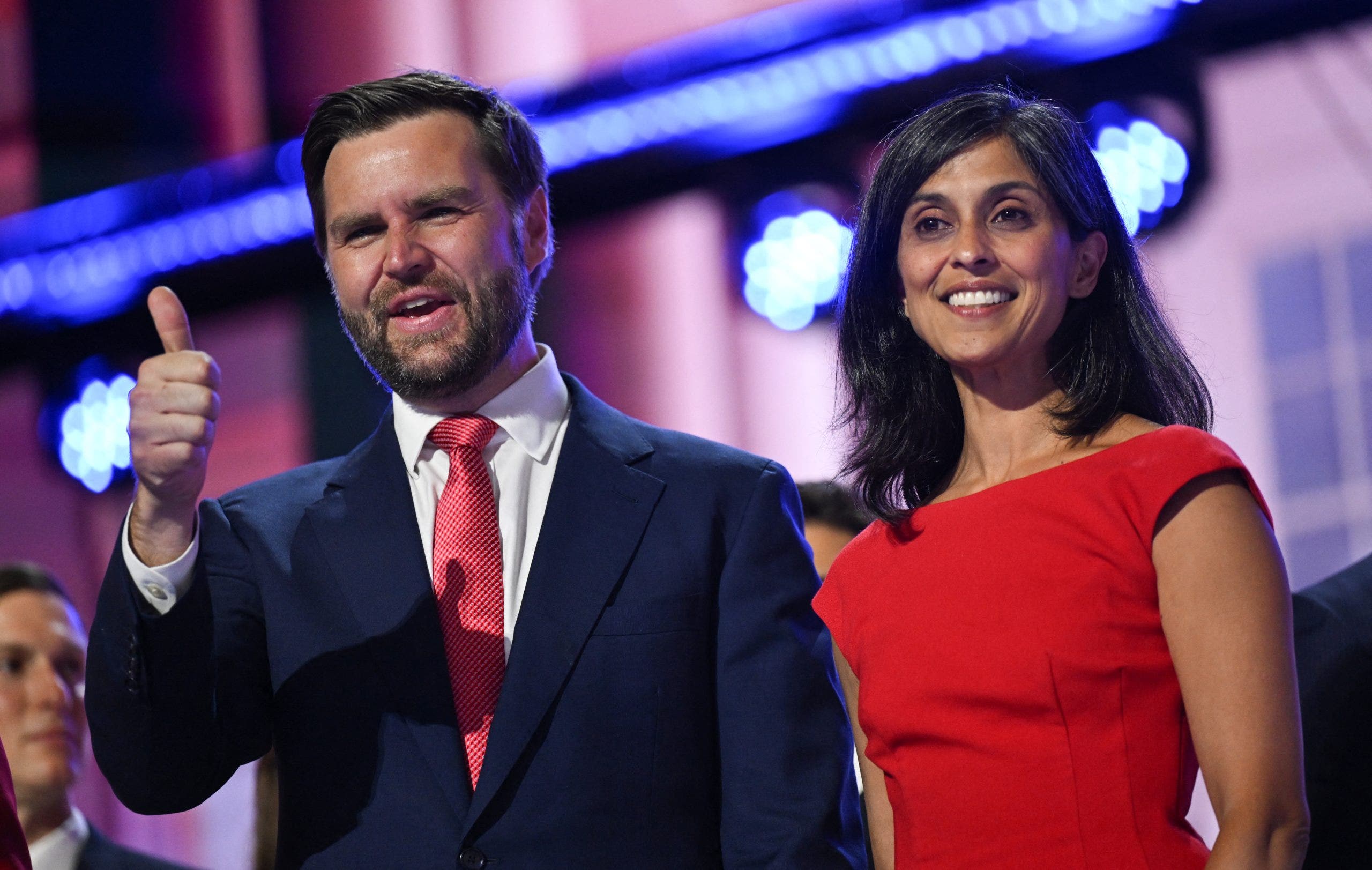

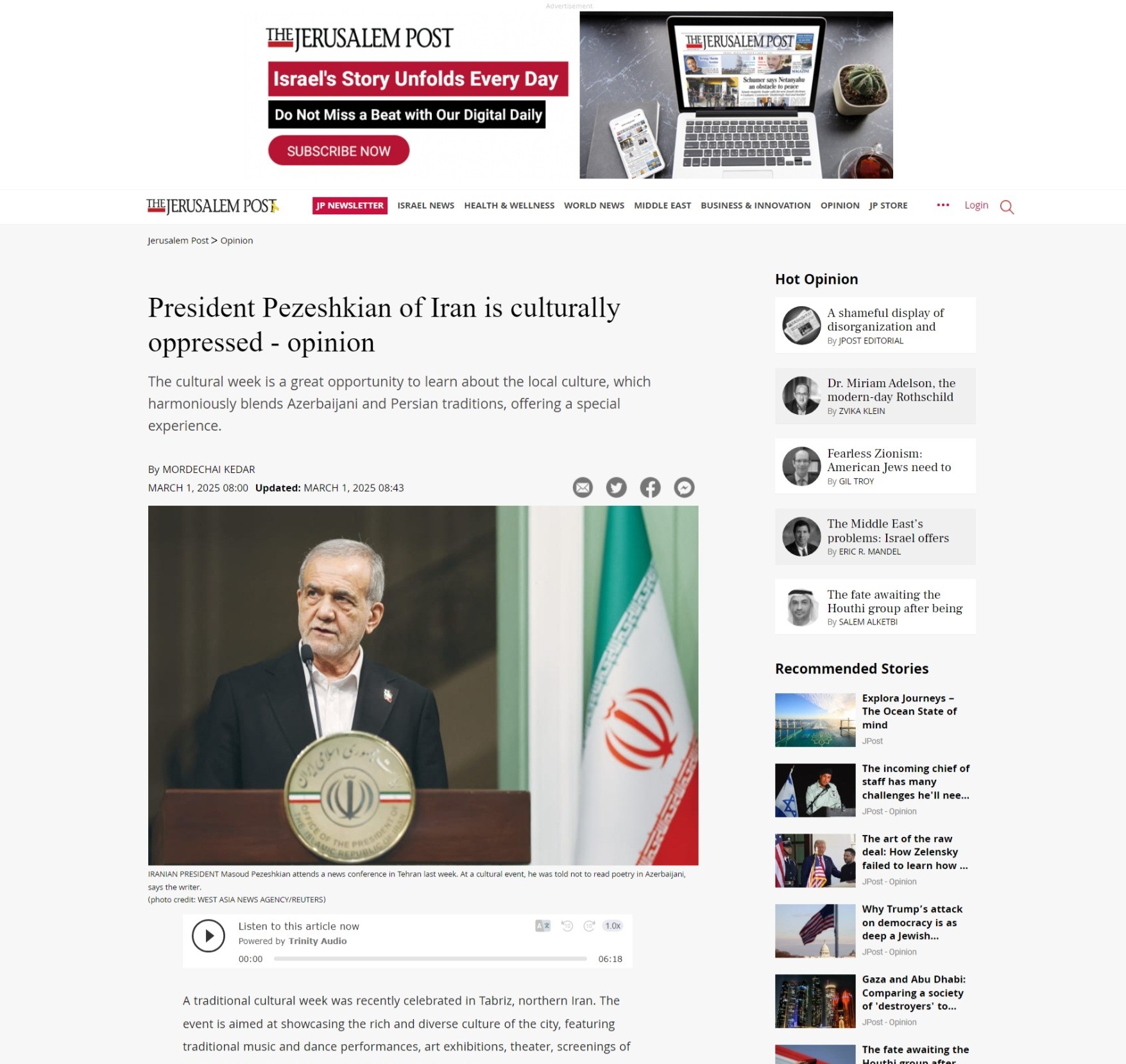


Discussion about this post